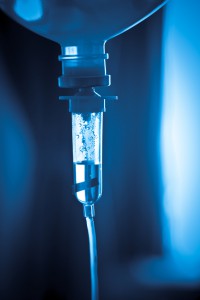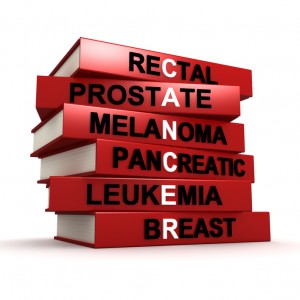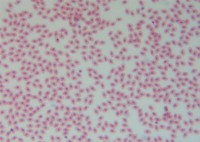
At our Issels® immuno-oncology center, the focus is on non-toxic therapies that work with your body’s own immune system to target cancer cells. Chemotherapy is one of the more widely used of traditional cancer treatments, but it can result in one or more side effects, with some manifesting themselves further down the road.
How does chemotherapy cause side effects?
Chemotherapy, or chemo, uses drugs to attack tumors by disrupting the cell cycle, halting the growth of rapidly dividing cancer cells. Problems arise when the drug also interferes with healthy cells in tissues, such as those in the reproductive, nervous and digestive systems.
Long-term and late side effects
While long-term side effects begin during the course of chemo, late side effects don’t become apparent until well after treatment has concluded. Since the damaged tissue cells continue to grow, the influence of the drugs may take some time to show up.
Some of the more common side effects of chemo include:
- Fatigue
- Heart or kidney problems
- Infertility
- Peripheral neuropathy, which is loss of sensation in hands and feet
- Cognitive difficulties and learning disabilities
Side effects differ from patient to patient based on the specific chemo medications used and the patient’s unique physiology. Most side effects, including long-term, turn out to be temporary.
Treatment protocols at our immuno-oncology center are personalized based on thorough testing to determine your specific needs and are chemotherapy-free. This allows us to address the underlying causes of cancer to reduce the possibility of recurrence. Visit our website to learn more about cancer vaccines, immune system enhancements and other non-toxic weapons in our cancer-fighting arsenal.





